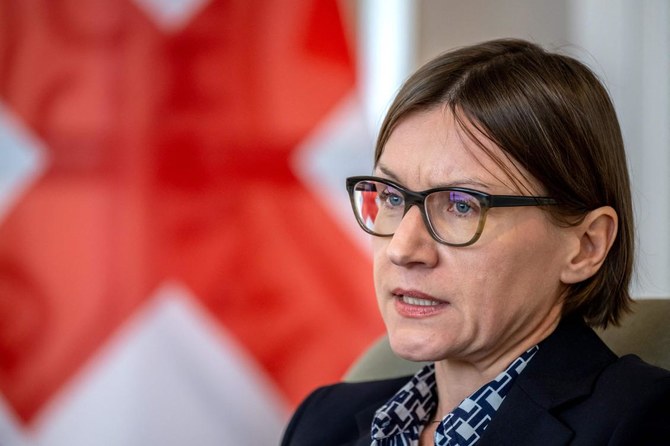Article of Ms. Spoljaric, the president of the International Committee of the Red Cross, in the New York Times.
This dictum has sorted humans into opposing camps for centuries. Cicero is said to have spoken these words to Julius Caesar. Political leaders across the globe still use them to rally support.
With great-power tensions rising and wars raging, the idea of neutrality these days may seem to many people anachronistic at best and amoral at worst. But we must make space for staying neutral to preserve our own humanity. Today, there are a great many places where neutral humanitarian action is under grave threat.
Taking sides in the conflict is a natural impulse. It is also something that my organization, the International Committee of the Red Cross, cannot do. If we did, it wouldn’t be possible to provide humanitarian assistance to people across the world’s most contentious theaters of armed conflict.
Here’s the problem: Civilians affected by armed conflict — whether in Ukraine, Sudan, or Syria — are not always receiving the assistance they deserve. Worse, they’re being injured and killed in the crossfire or when combatants violate the laws of war.
The laws of war exist to restrain humankind’s worst instincts because these barriers to brutality are a means to preserve pathways to peace.
The Geneva Conventions specifically name the I.C.R.C. to carry out wartime tasks. But whenever parties have not adhered to these laws, our teams have had less access to civilians in need and to prisoners of war than they should.
A neutral humanitarian body is a distinct feature of the international system, without which the whole system is weaker. The core values enshrined in international humanitarian law, universally agreed upon nearly 75 years ago, protected civilians, soldiers, and prisoners of war back then. And they do so today.
What is the value of a neutral, impartial body dedicated to helping victims of war?
In the armed conflict between Russia and Ukraine, the I.C.R.C. has visited hundreds of prisoners of war on both sides. (We haven’t visited all, and we keep working to be able to do so.) This work is possible only because of our commitment and adherence to neutrality — seeking a constructive dialogue with all the parties that can improve the situation of victims of armed conflicts. This requires building trust over time. It benefits individual prisoners and their families on both sides.
Our neutrality allows us to visit detainees at Guantánamo Bay, and it allowed us to check on the health of a captured American pilot in Somalia in 1993 in the incident known as “Black Hawk Down.”
Being perceived as unbiased toward adversaries in a conflict allows us to operate more safely and effectively in the territories they control. By consistently considering the ways that words and actions might influence perceptions of neutrality, the I.C.R.C. seeks to avoid giving belligerents a pretext to refuse, block or hinder our work.
That work might include coordinating with parties to negotiate safe passage for civilians, as we did last year in Ukraine, an action that nearly always requires the cooperation of both sides. It includes facilitating the exchange of remains of fallen combatants, as we long did in Afghanistan. It also allows us to share the news with family members separated by violence as we do in places like South Sudan and Colombia.
Our neutrality is also often misunderstood. It is a means to render aid based on needs; it does not mean complacency in the face of suffering due to war crimes and other violations of law. We share our views on these violations and their harmful effects in direct and confidential dialogue with authorities. This approach, our experience shows, is more likely to lead to an eventual positive outcome while preserving access to those in need.
Not everyone needs to be neutral. But nations need to respect the space for humanitarian neutrality. When the world takes sides, we side with humanity. The world is a better place for it.



Comments